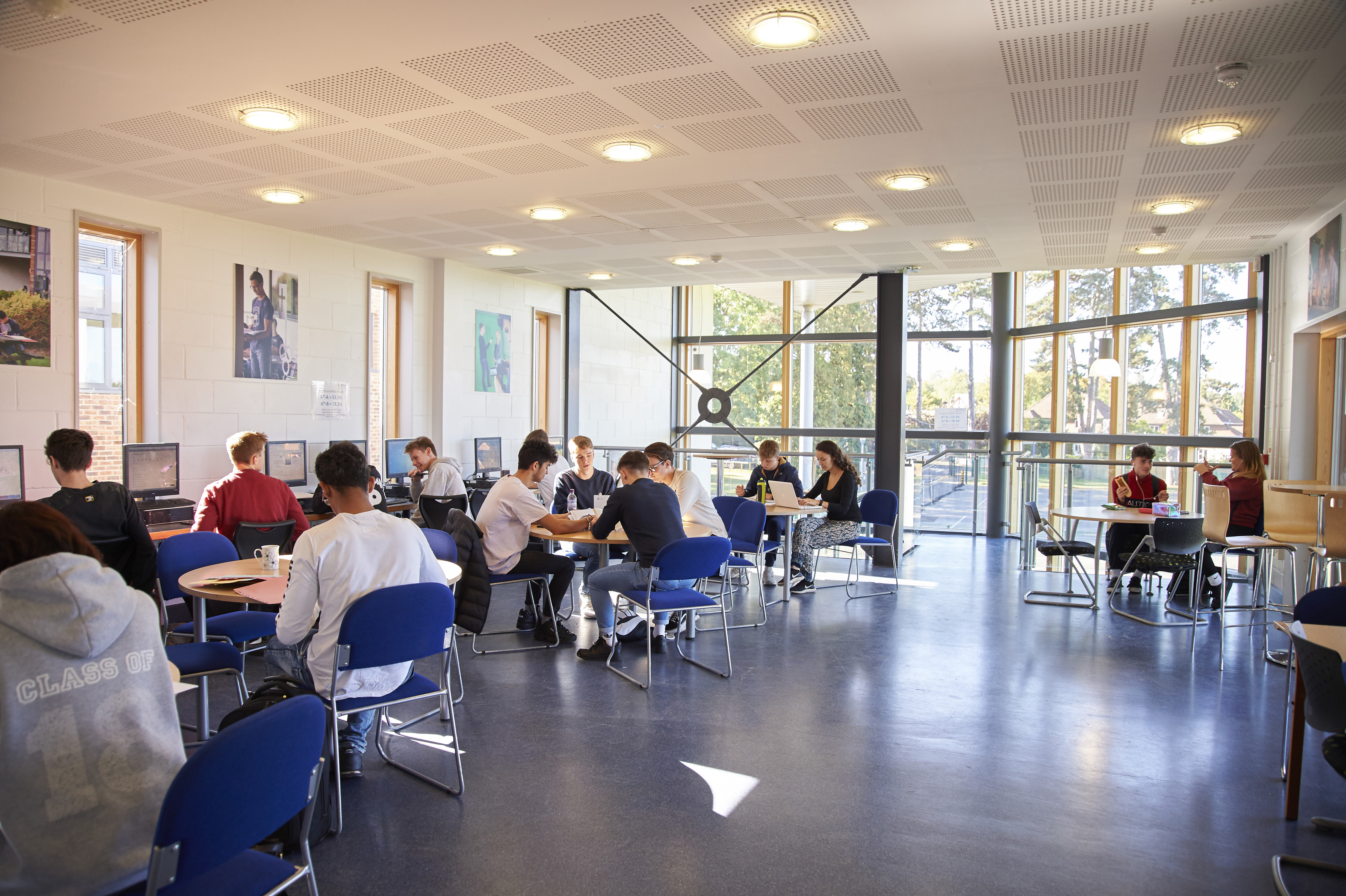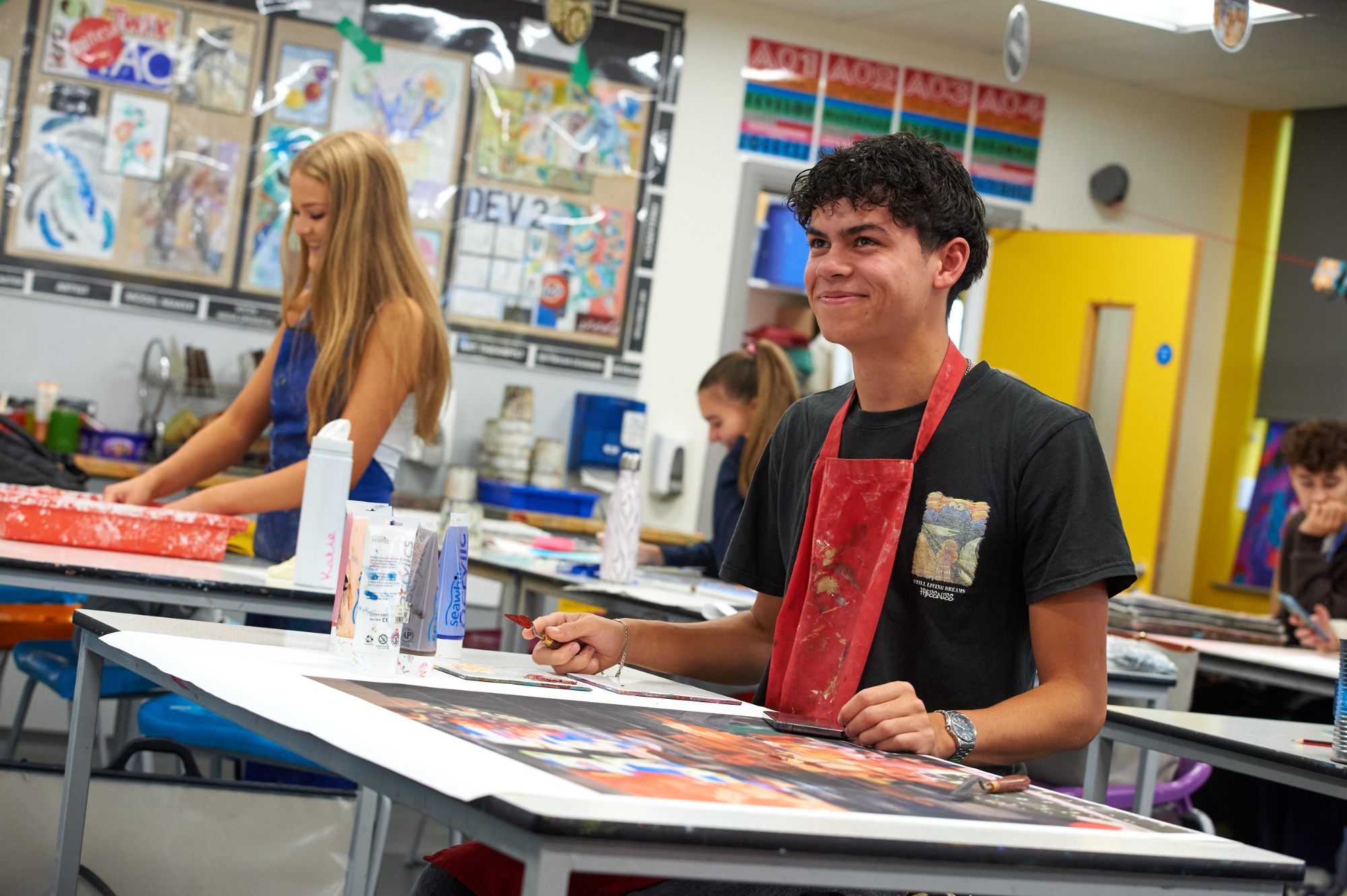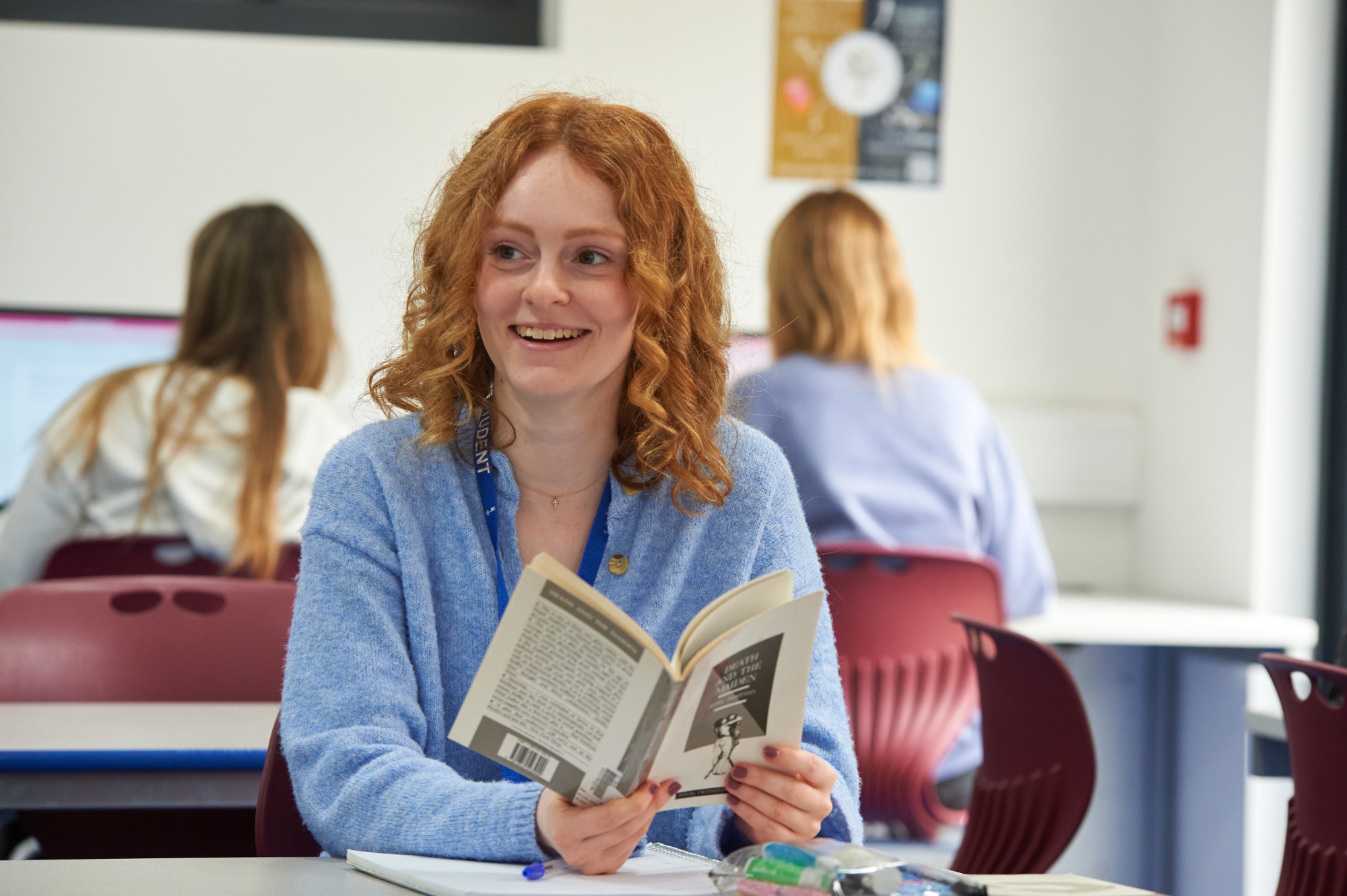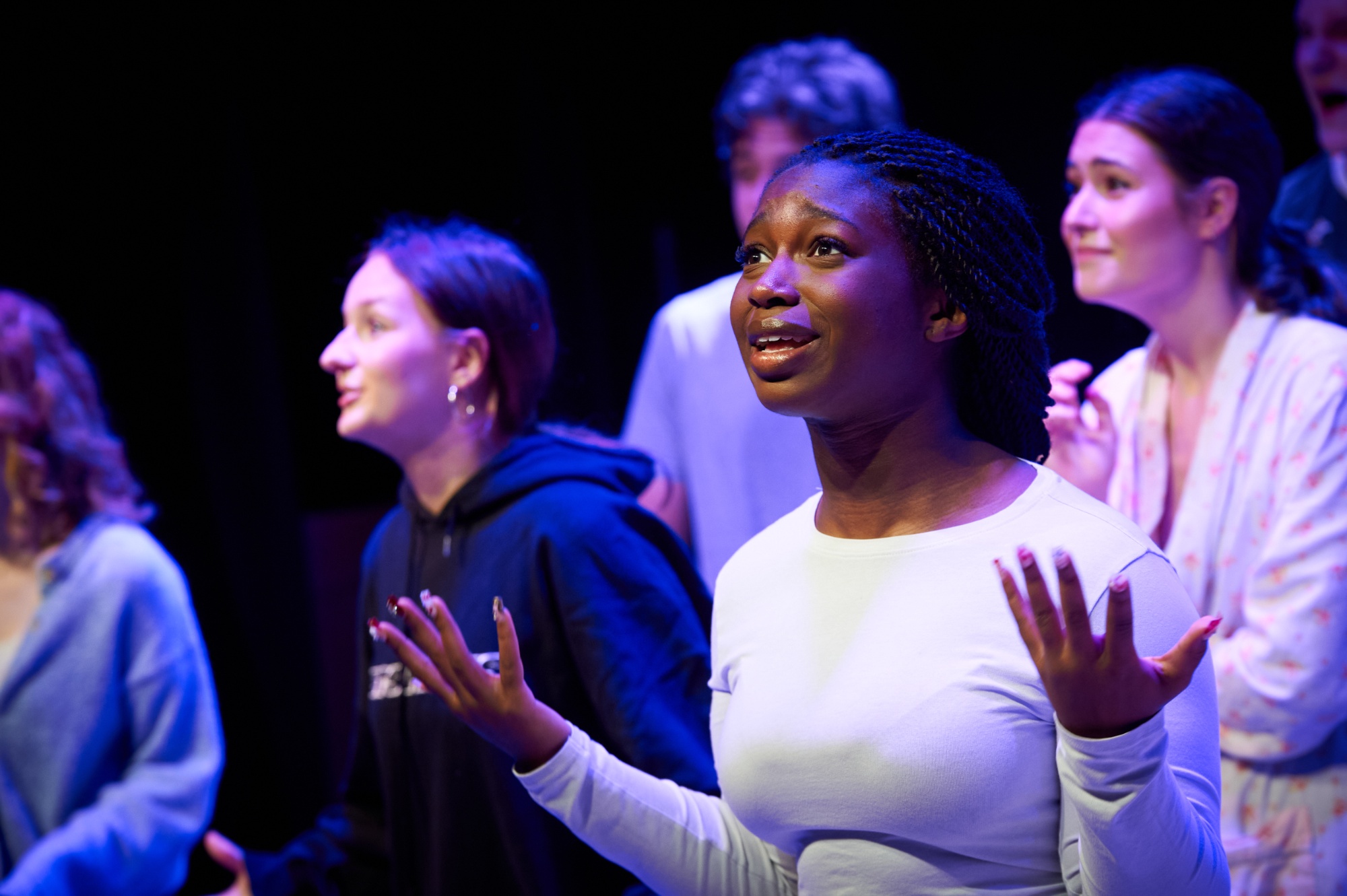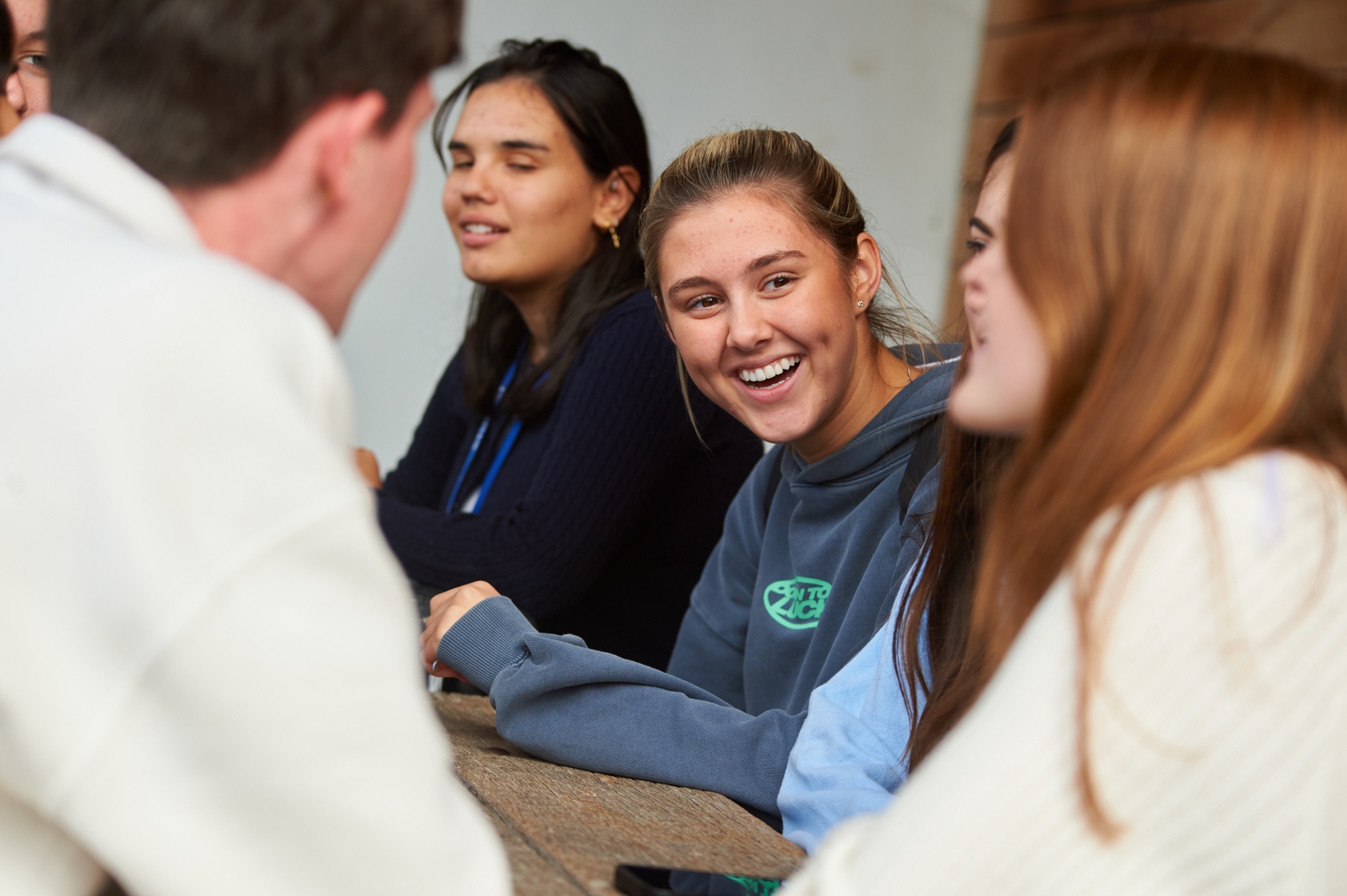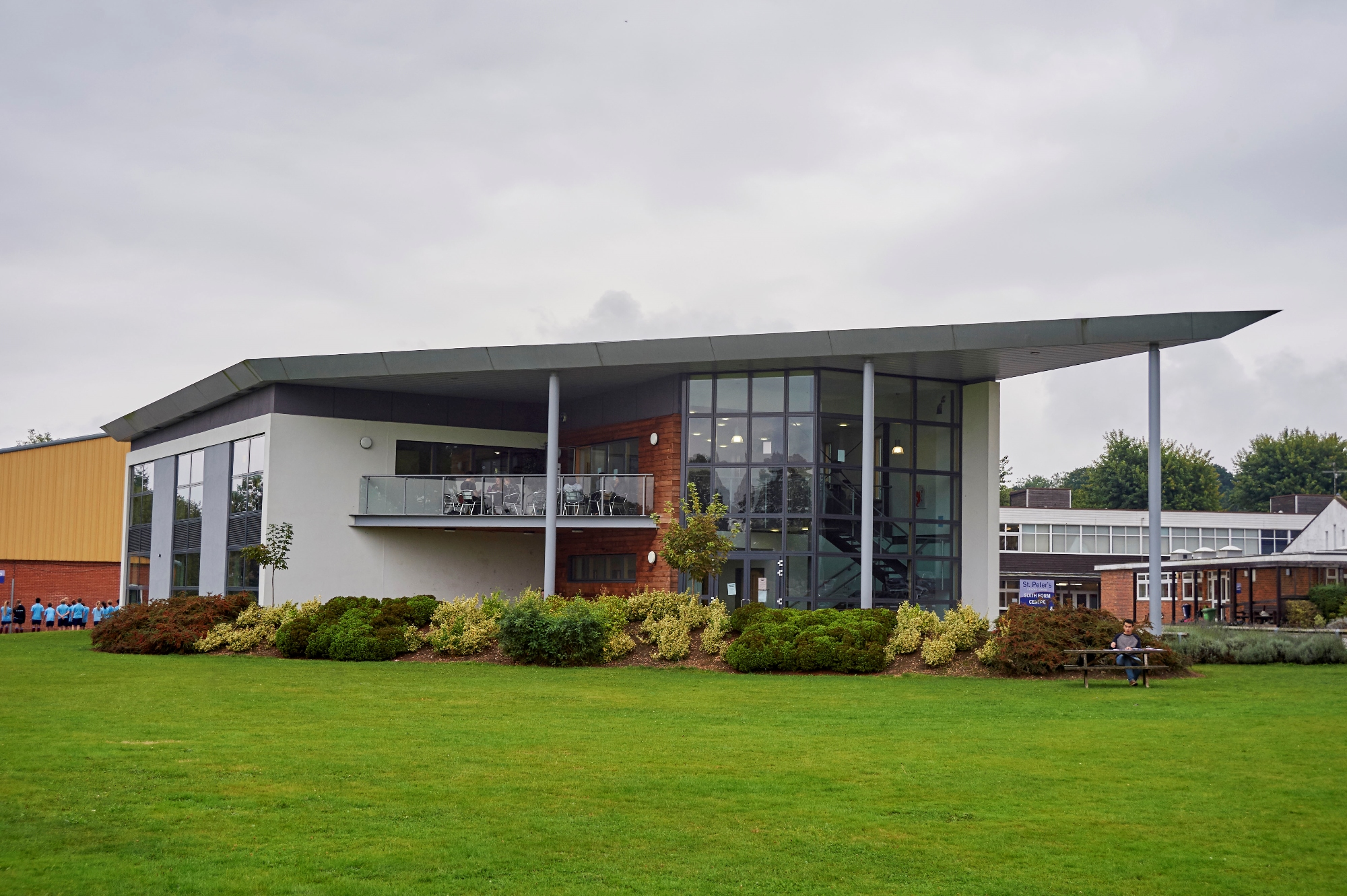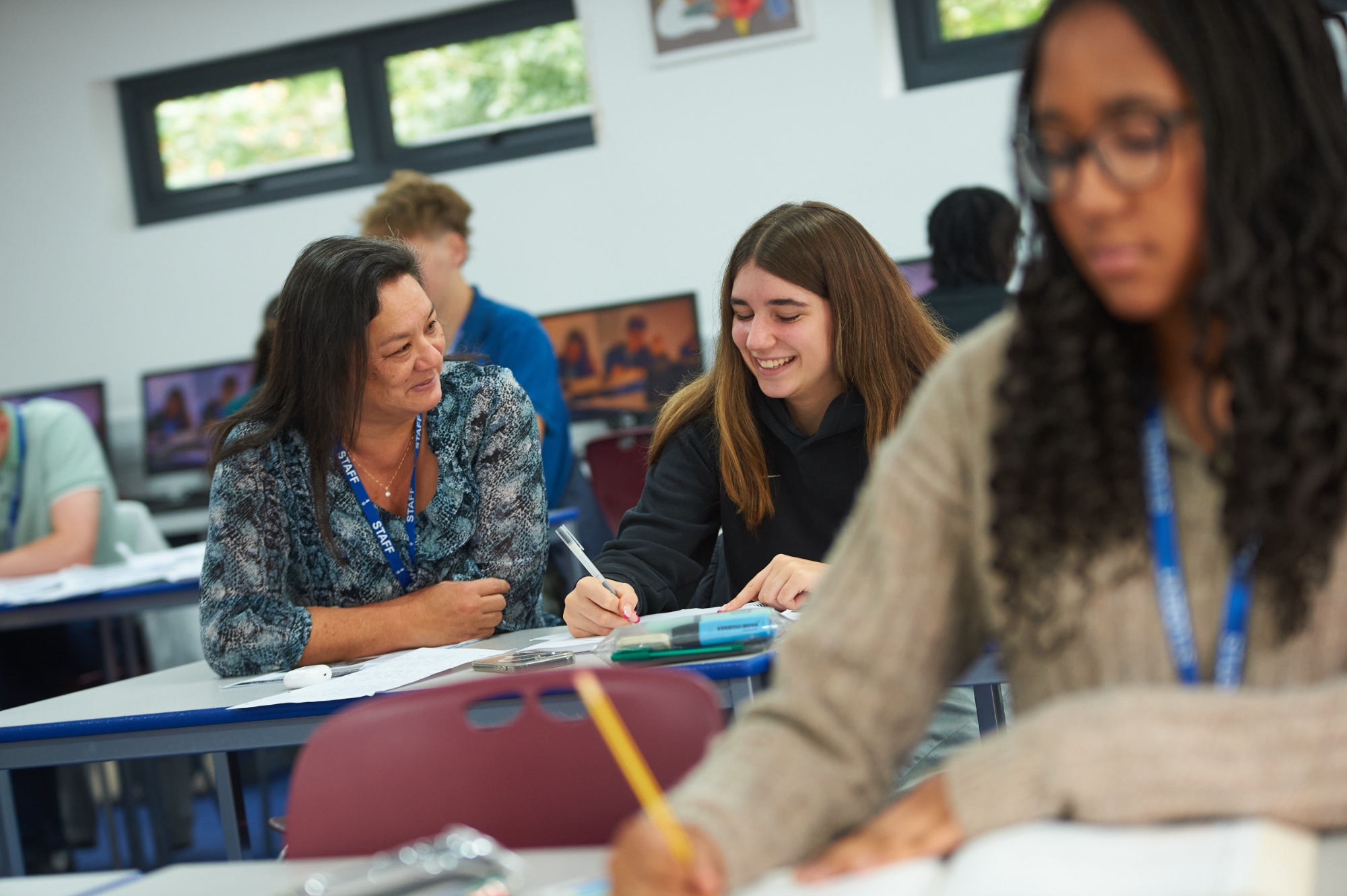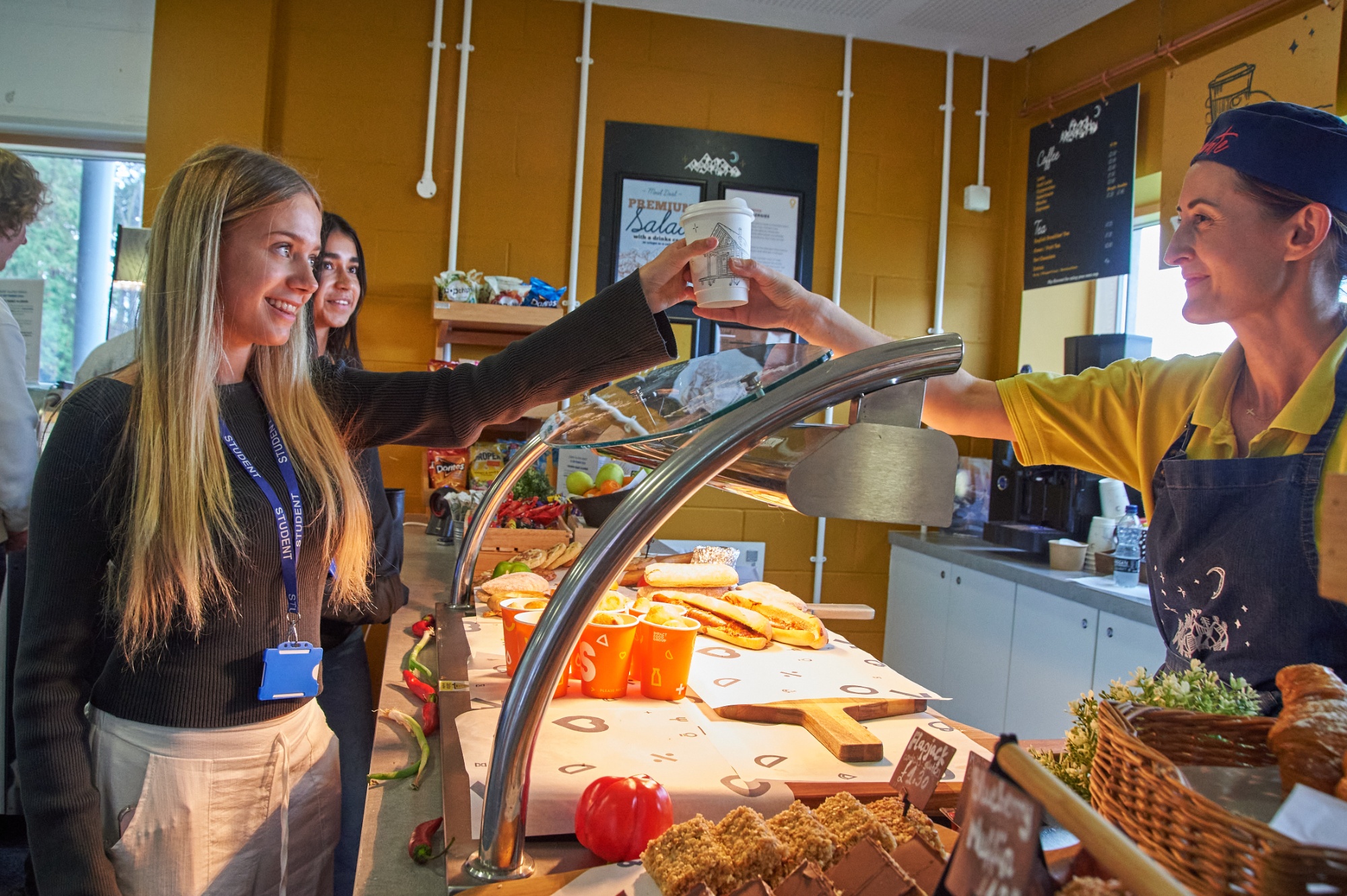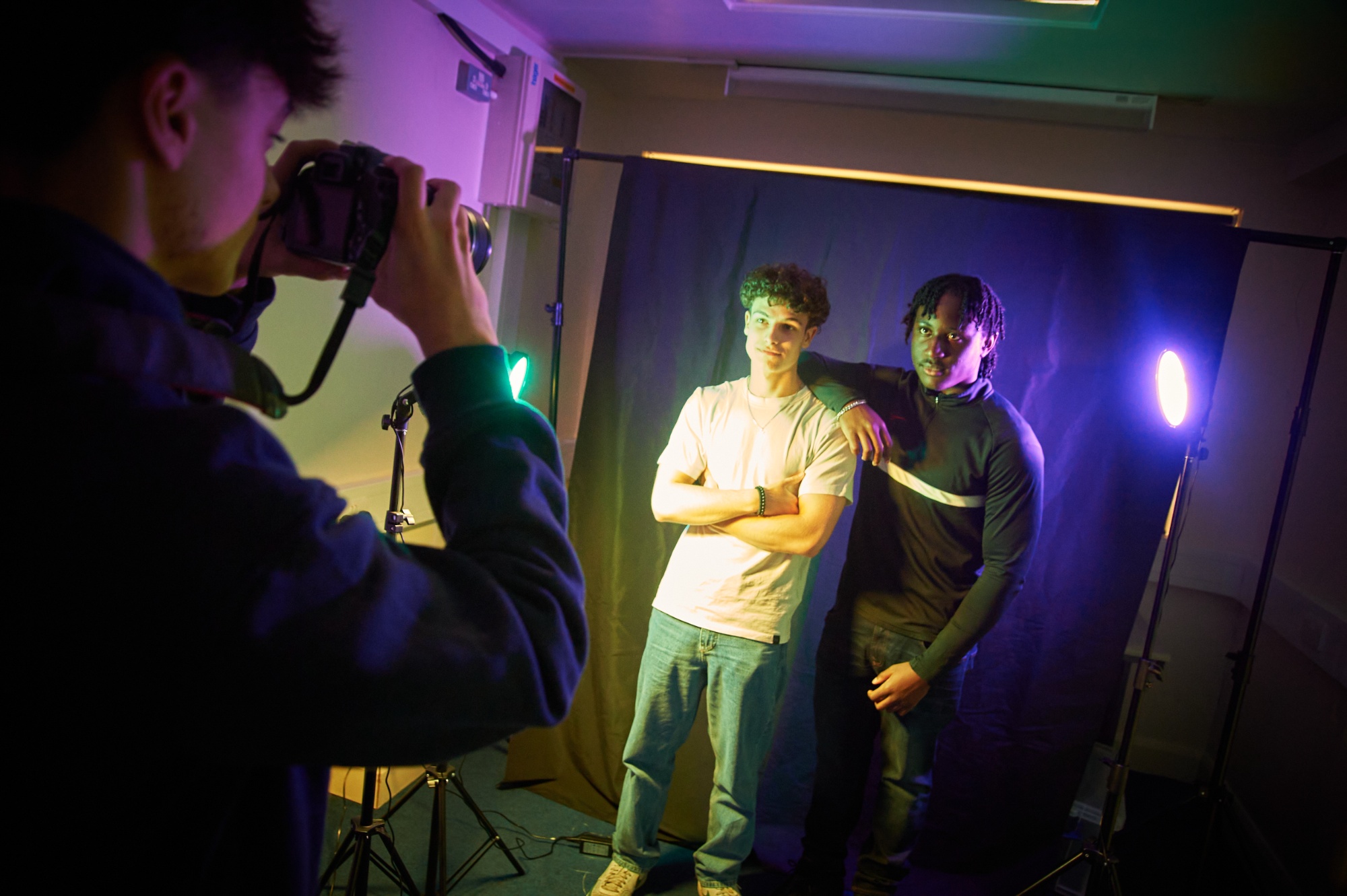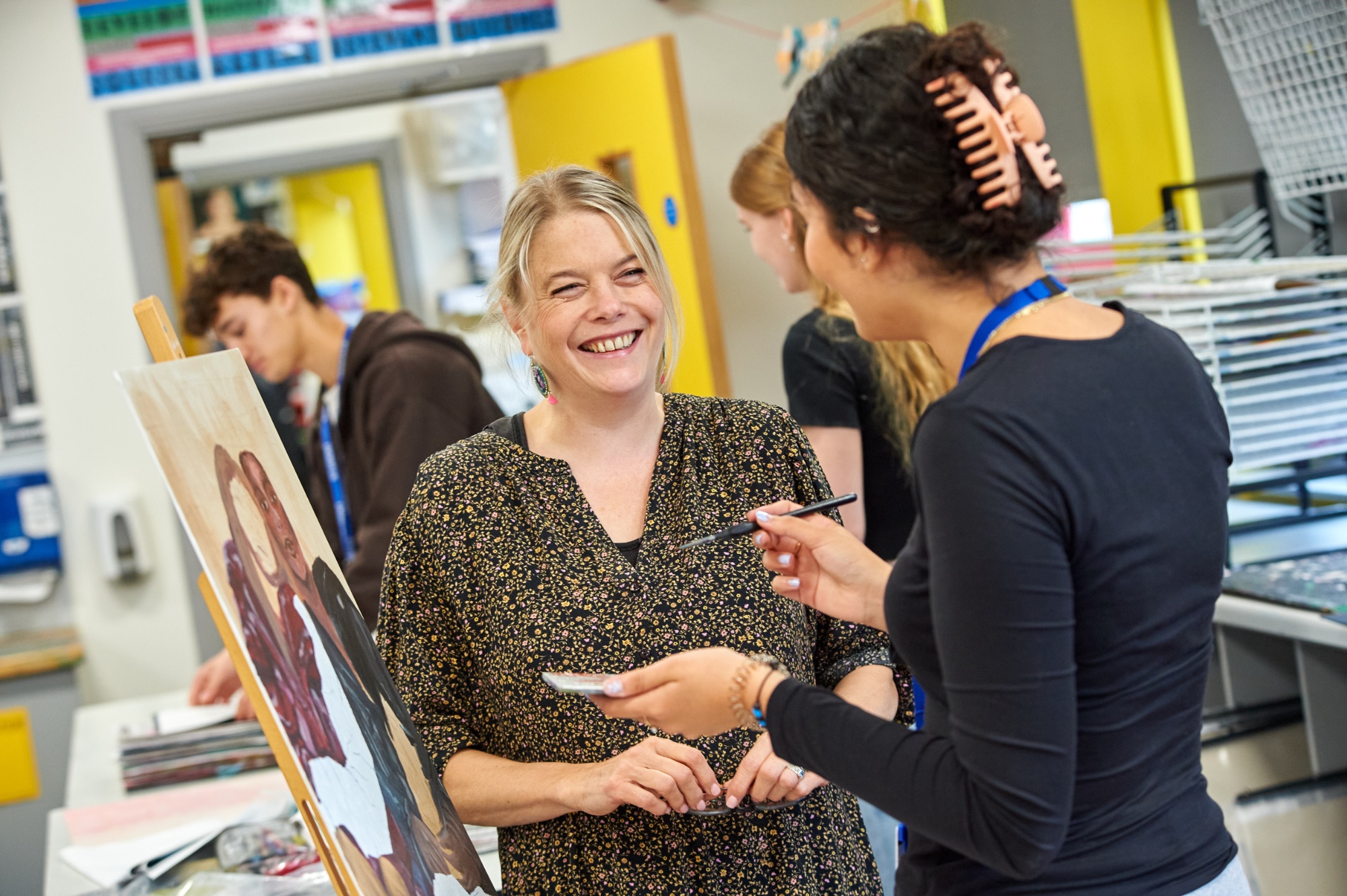French
 Mr J Hulland
Mr J Hulland
Head of Modern Foreign Languages
THE TEAM
| Miss N Leon | Teacher of Modern Foreign Languages |
| Mrs M Mortimer | Teacher of Modern Foreign Languages |
| Mrs L Power | Teacher of Modern Foreign Languages |
INTRODUCTION TO THE DEPARTMENT
As a department, we believe that learning another language is invaluable and that it can help individuals to broaden their horizons, understand more about the world they live in and appreciate the differences in our cultures. We aim to build on transferable language skills that students may have acquired at Key Stage 2 and develop them through Key Stages 3 and 4 so that they are confident expressing themselves in spoken and written work and are able to infer meaning from texts they have read or spoken French they have heard.
WHY STUDY FRENCH?
Whatever plans you may have for the future, knowledge of another language is a valuable life skill, which can create many new and exciting opportunities, for example travel, as well as appreciating cultural differences in the world today. By the end of the French course, you will be able to successfully communicate with over 200 million French speakers around the world and potentially use this ability as an advantage in the international job market. French works well with any subject due to the wide range of topics covered in the course content. Not only will you learn about France itself, you will also acquire essential communication skills and will gain a greater appreciation for French literature and cinema.
FUTURE ACADEMIC AND CAREER PATHWAYS
By studying French, you will have chosen a subject that is highly regarded by all universities in the country and it will certainly open a multitude of career paths for you in the future.
COURSE CONTENT
Students will be studying the AQA syllabus.
In addition to studying French film and literature (taken from the exam specification) students will study a range of topics that will enable them to form their own political views, appreciate cultural differences and challenge some of the injustices that exist in the world today.
Year 12 topics include: charity work, national heritage, the importance of family, cybersociety and contemporary film and music.
Year 13 topics include: immigration, young people and political engagement, diversity, life for the marginalised in society and the treatment of criminals.
ASSESSMENT
Paper 1: Listening/Reading/Writing, 2 hours and 30 minutes, 100 marks, 50% of A Level
Paper 2: Writing about one film and one book that you have studied, 2 hours, 80 marks, 20% of A Level
Paper 3: Oral exam: Discussion of topic card followed by discussion of independent research project, 21-23
minutes, 60 marks, 30% of A Level
EXTRACURRICULAR OPPORTUNITIES
• Sixth Form trip to Paris
• Language ambassadors to assist in learning clubs for Years 7–9
• Trips to the French Institute, London
• Participate in university led MFL competitions eg Poetry competition, Translation Challenge
COURSE REQUIREMENTS
Minimum of a grade 6 in GCSE French.


